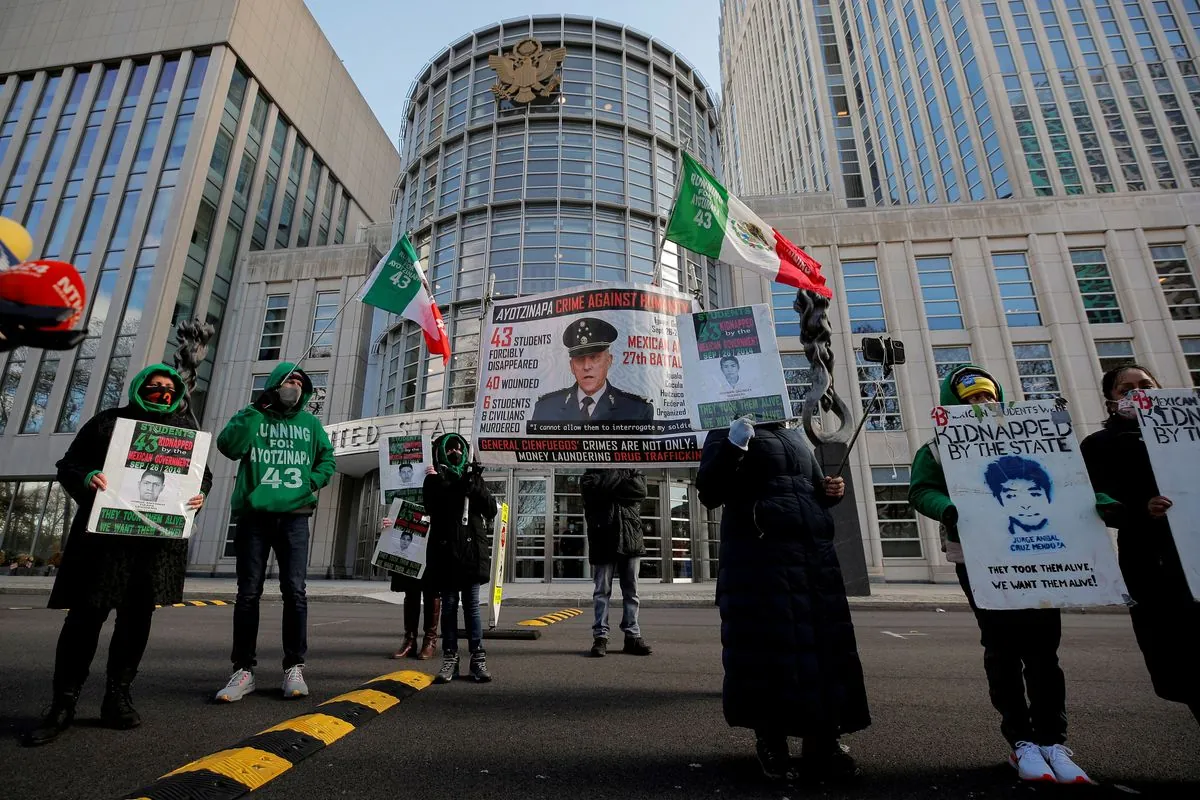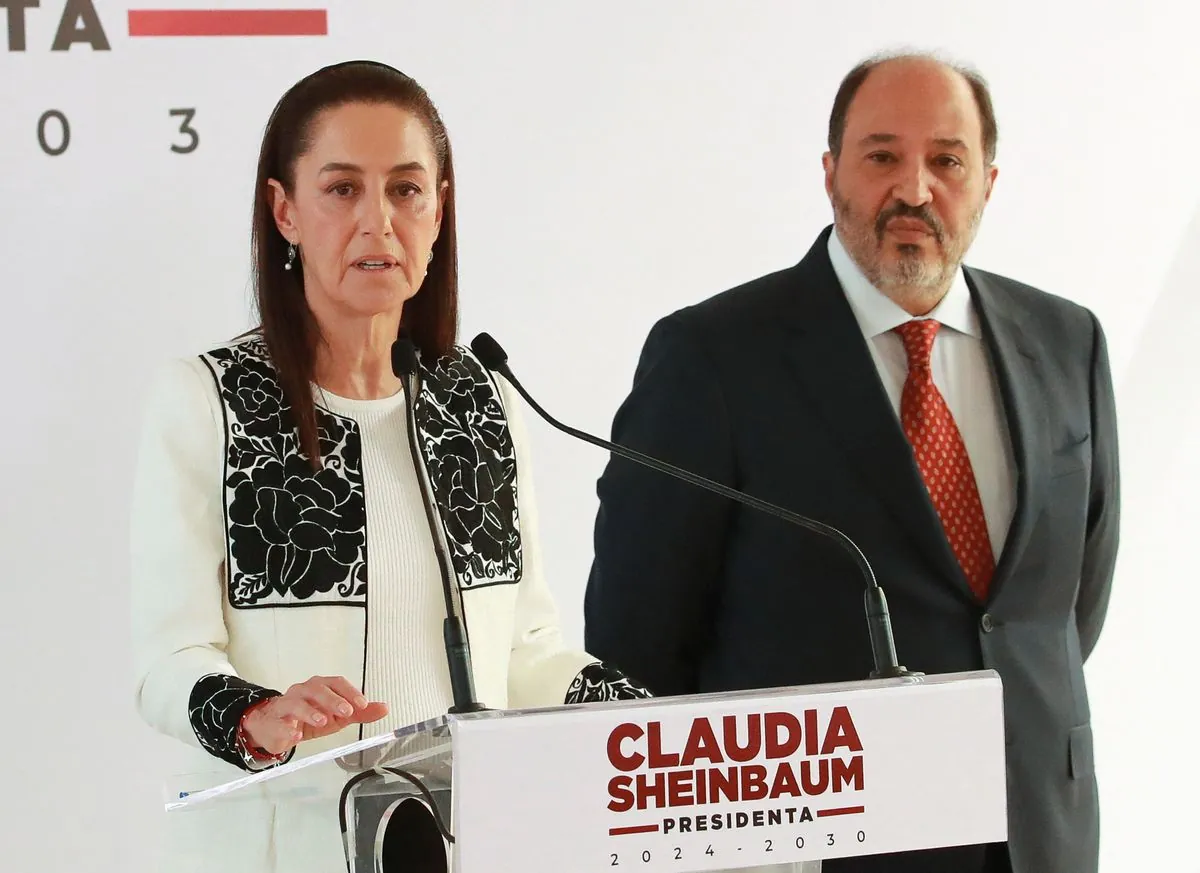Mexico's Judicial Overhaul Sparks Investment Concerns and Political Tension
Mexico's proposed judicial reform, aimed at electing judges, raises alarm among foreign investors. President-elect Sheinbaum attempts to balance reassurances with support for the controversial plan.

Mexico's proposed judicial reform, which would introduce elected judges, has ignited a firestorm of controversy and concern among foreign investors. The plan, championed by outgoing President Andrés Manuel López Obrador, has been met with resistance from various sectors, including business chambers and legal experts.
The reform would replace approximately 7,000 judges nationwide through popular elections, a move critics argue could severely undermine judicial independence. Opponents fear that elected judges might prioritize loyalty to constituents or the ruling party over adherence to the law. Additionally, concerns have been raised about the potential for criminal organizations to field their own candidates in these elections.
President-elect Claudia Sheinbaum, set to take office on October 1, 2024, finds herself in a delicate position. As a protégée of López Obrador, she has pledged to continue his policies while simultaneously attempting to assuage investor concerns. Following her election victory on June 2, 2024, Sheinbaum has engaged in a series of meetings with international lending organizations, business leaders, and corporate executives to reassure them about Mexico's economic stability.

"The reforms to the judicial system will not affect our commercial relations, nor private Mexican investments, nor foreign ones. Rather the opposite, there will be a greater and better rule of law and democracy for everyone."
However, López Obrador's recent comments have complicated Sheinbaum's efforts. The outgoing president confirmed that the judicial overhaul is indeed aimed at foreign firms, particularly in the energy sector. He criticized corrupt judges for allegedly defending foreign companies that he claims "loot, rob, and affect the economy of the Mexican people."
This stance aligns with López Obrador's previous attempts to strengthen state-owned enterprises, particularly in the power sector. His efforts to prioritize the state-owned power company over foreign-built plants were blocked by courts, citing constitutional prohibitions on monopolies.
The proposed changes to the judicial system would allow virtually anyone with a law degree and some experience in judicial areas to become a judge through popular vote. If too many candidates register, final contenders would be chosen by random selection.
Mexico's legal system, a blend of pre-Hispanic, Spanish colonial, and modern Mexican law, has undergone several reforms since the country's independence in 1821. The current Supreme Court, established in 1917 following the Mexican Revolution, consists of 11 justices appointed for 15-year terms. The proposed overhaul represents a significant departure from this established system.
Critics, including the Centro Pro human rights group, argue that the reform "affects the life of democracy, endangers human rights, and violates Mexico's international obligations." The proposal has sparked protests by judges, court employees, and students across Mexico in recent weeks.
As the Senate prepares to vote on the measure next week, the international community watches closely. The outcome of this controversial reform could have far-reaching implications for Mexico's judiciary, foreign investment, and the country's economic future.


































